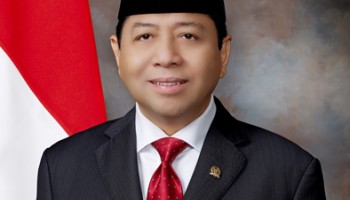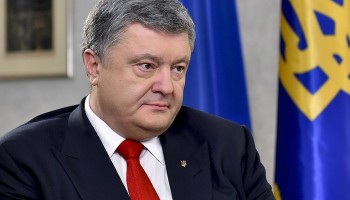The head of the Parliament’s Finance and Budget Committee, Ibrahim Kanaan, described the law “as an exceptional and serious step towards enhancing transparency and combating corruption” and said he was hoping it would help restore the confidence in the system.
Since last October Lebanon has been engulfed by historical anti-graft protests against its elite amid a severe economic crisis. Often in defiance of violent suppression, over a million people took to the streets to demand an end to government corruption, the recovery of stolen funds and holding the corrupt accountable.
The grumbling was triggered by the announcement of a tax on calls using messaging applications such as Whatsapp, a project that was later dropped.
Demonstrators also requested an end to Lebanon's decades-old strict banking secrecy laws which, according to the Associated Press, have turned the country into the region's Switzerland, attracting clients seeking anonymity from across the Arab world.
While the massive protests died down, activists continued over the past months to monitor banks and campaign against the restrictions on the amount of money people can withdraw from their account since Lebanon’s economy collapsed.






